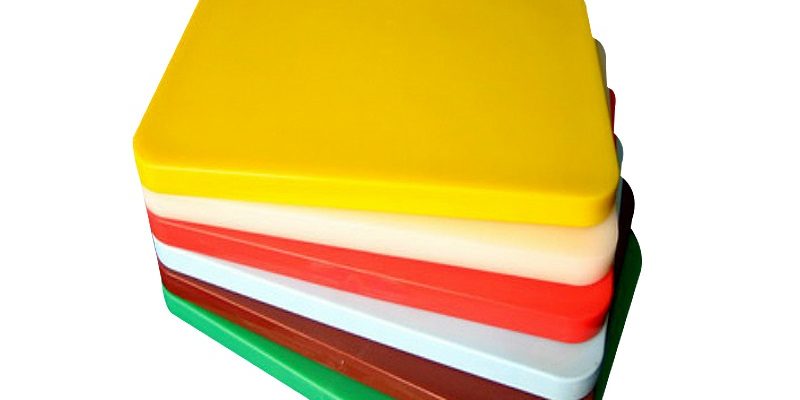As concerns about environmental sustainability grow, it’s essential to examine the environmental impact of everyday kitchen items, including plastic cutting boards. In this article, we will delve into the sustainability considerations surrounding plastic cutting boards and explore eco-friendly alternatives.
- Material Composition: Plastic cutting boards are typically made from high-density polyethylene (HDPE) or polypropylene. These materials are derived from petrochemicals, which raises concerns about their environmental footprint.
- Longevity: Plastic cutting boards can be less durable than some other materials, leading to more frequent replacements and an increase in plastic waste over time.
- Recyclability: Some plastic cutting boards may be recyclable, depending on local recycling programs and the specific type of plastic used. However, not all plastic cutting boards can be recycled.
- Non-Biodegradable: Plastics do not biodegrade in the same way that natural materials like wood do. When plastic cutting boards reach the end of their life cycle, they can contribute to plastic pollution if not properly disposed of.
- Alternatives: Environmentally conscious consumers may consider alternatives to plastic cutting boards, such as bamboo, wood, or recycled materials like composite boards.
- Maintenance and Care: Extending the lifespan of plastic cutting boards through proper care and maintenance can reduce the frequency of replacements and minimize waste.
- Reuse and Repurpose: Rather than disposing of old plastic cutting boards, consider repurposing them for non-food-related tasks, such as craft projects or as protective surfaces for workspaces.
- Sustainable Brands: Some manufacturers are taking steps to create more eco-friendly plastic cutting boards, such as using recycled materials or incorporating sustainability into their production processes.
- Consumer Choices: By making informed choices and selecting cutting boards made from more sustainable materials or choosing long-lasting options, consumers can reduce the environmental impact of their kitchen tools.
In conclusion, plastic cutting boards, while convenient, raise sustainability concerns due to their material composition and potential for frequent replacement. As consumers become more environmentally conscious, exploring alternative cutting board materials and adopting sustainable practices can help mitigate the environmental impact associated with plastic cutting boards.






